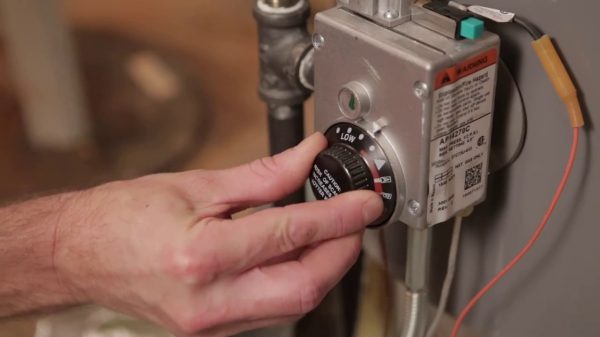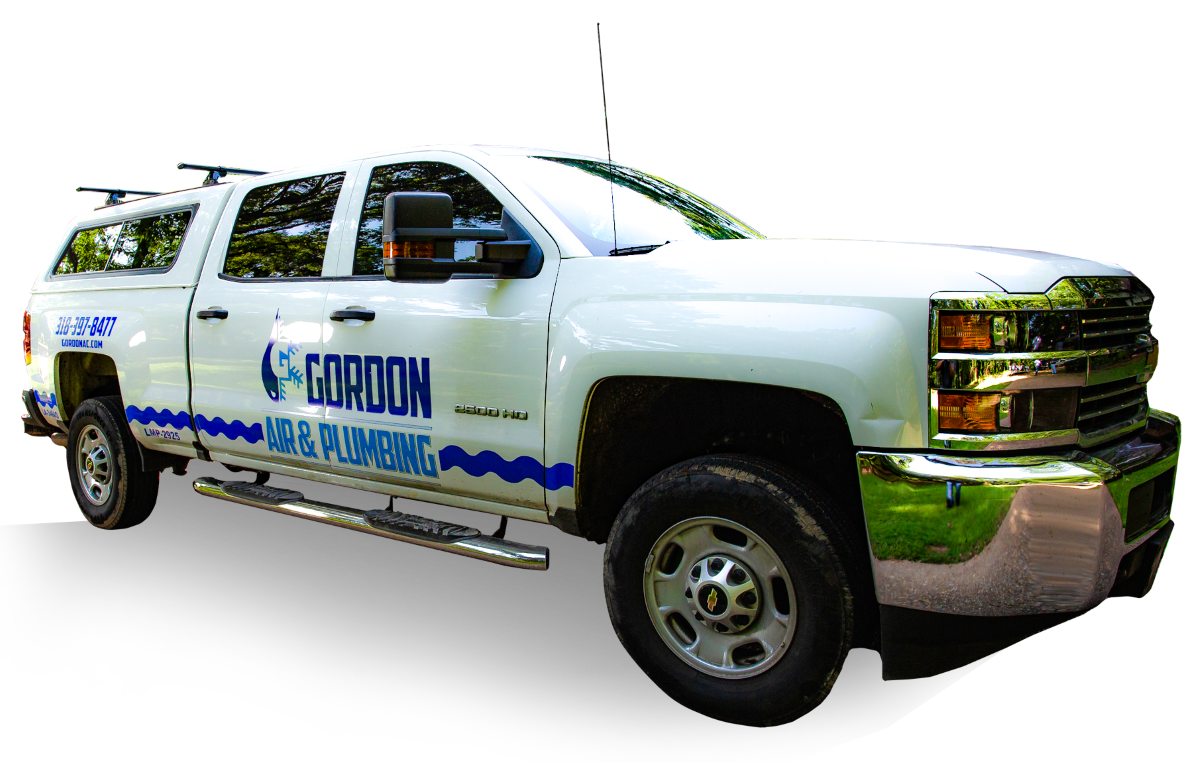Your home’s water heater is one of the top energy consumers in your home, behind the HVAC equipment. So when you are looking for ways to trim a little bit from your utility bills, this is a viable option. But before you make any decisions about changing temperature settings on your water heater, it is vital to have all of the facts.
What Is Too Hot?
Safety should always be the priority when setting the temperature on your water heater. And in the case of selecting a temp that is too high, 140 degrees is the very high edge of safety for many homes. At 140 degrees, it takes only five seconds for the skin to develop third-degree burns. And that is on the average adult. Households with small children or elderly family members should remember that both groups tend to have more delicate skin that can burn much more rapidly and at a lower temperature.
What Is Too Low?
Most water heaters arrive preset to 120 degrees. This is the recommendation of the U.S. Department of Energy. But it is also important to note that this is a temperature that most medical professionals also suggest. At 120 degrees, pathogens like those that cause Legionnaires’ disease are prevented from multiplying and can be killed. As the temperature increases over 120 degrees, pathogens are killed more quickly. And for that reason, anyone with an autoimmune disease should keep their water heater set closer to the 140-degree maximum safe temperature.
While safety is a concern both at the high and low ends of the spectrum, it is a balancing act to determine what temperature will work best for your home. Parents and caregivers need to be extra vigilant when bathing seniors or children when the water heater temperature is higher. But there is also added peace of mind that there are no hazardous bacteria in the hotter water.
What About Energy Efficiency?
While saving money is important, safety should always be the deciding factor. There are several ways to save on your utility bill that do not require you to adjust the temperature setting on your water heater, including:
- Adding insulation to your hot water lines will ensure that the temperature remains constant as the hot water flows to your faucets. An insulating water heater blanket or cover is also an excellent way to help keep the holding tank water hot while reducing your utility cost.
- If your water heater is over 12 years old, it is at the very end of its life expectancy. It is also not likely to be as energy-efficient as newer models. Check out your options for a new unit that carries the ENERGY STAR rating for efficiency.
- While no one wants to feel rushed, the best way to save hot water is to limit your shower time. Track how long family members are spending in the shower and see if setting a timer could reduce the waste of hot water. If someone wants more relaxation in hot water, consider soaking in the bathtub rather than an extended shower.
- Your appliances can also help you save hot water. Consider wash clothing in warm or cold water rather than hot. Many detergents are now formulated to work as effectively in cold water as the older version did with hot water. Also, commit to using only your dishwasher rather than washing items by hand. And only run a cycle when the dishwasher is full.
To learn more about saving energy and hot water around your home, call (318) 202-9144 to speak to a Gordon AC & Plumbing professional.



